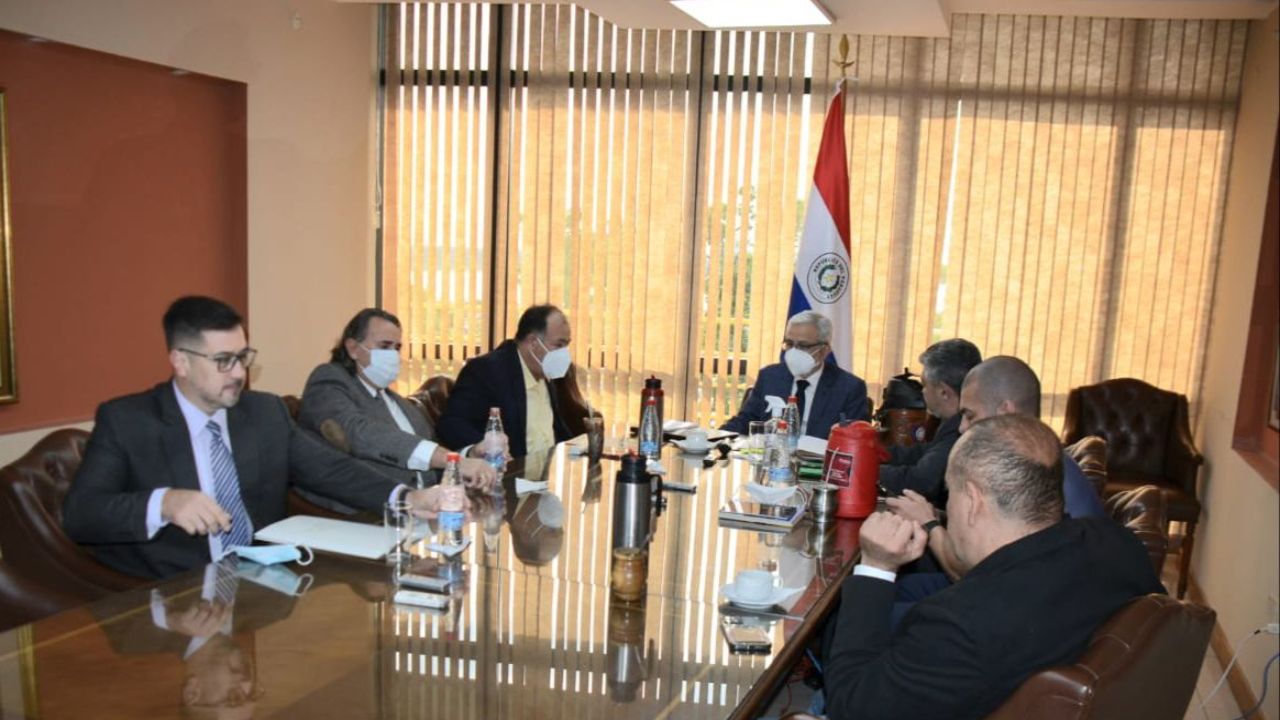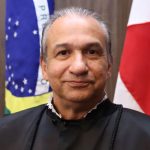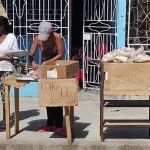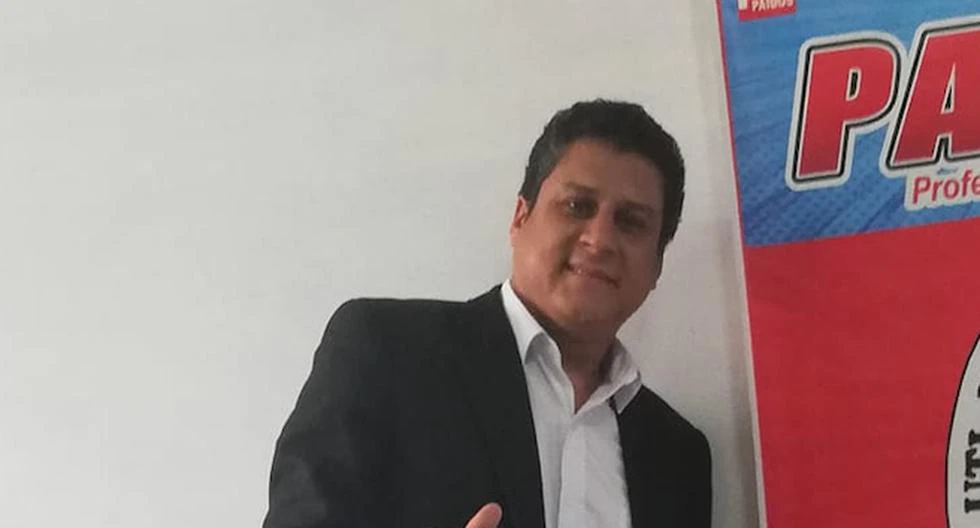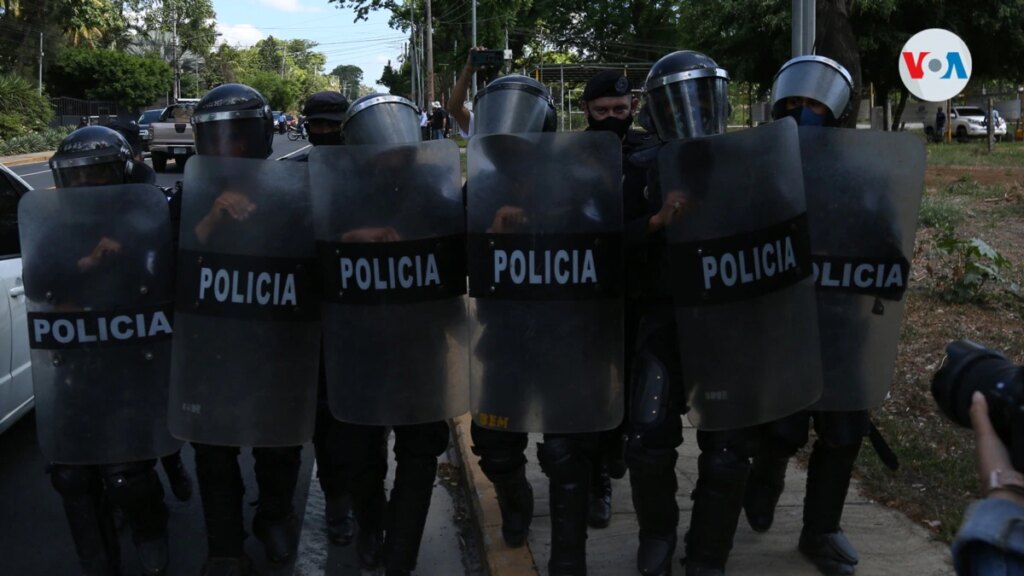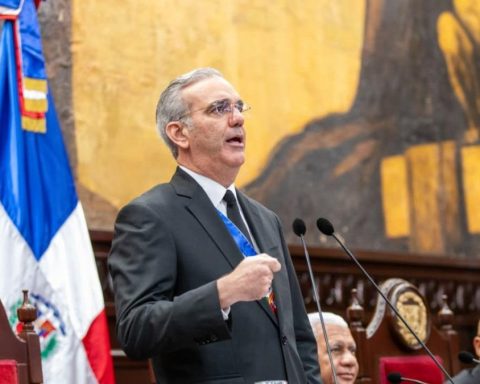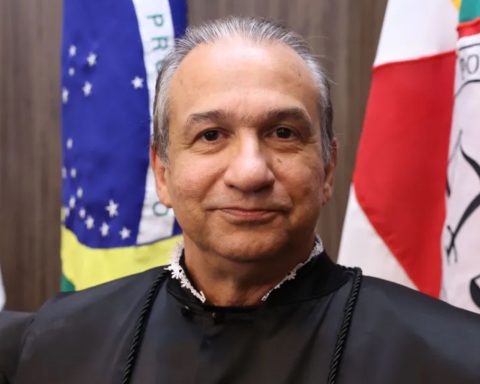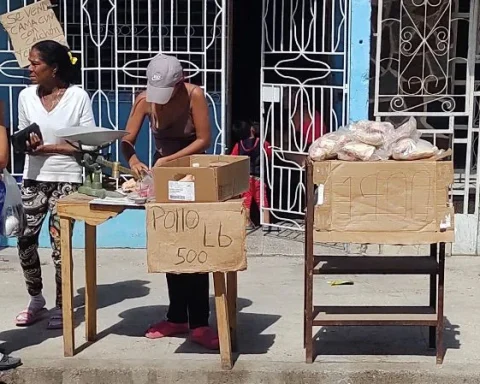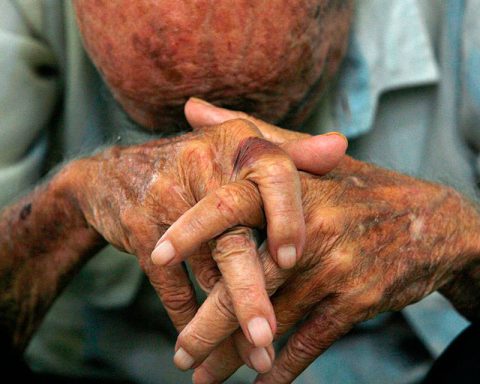The Investigative Commission of Congress on the issue of money laundering and other previous experiences has established mechanisms in the Constitution and in the regulations. These are activities that fall to legislators when there is an issue that really deserves that kind of depth of analysis.
There are many truths that appear in these depositions. It happened in Brazil during the pandemic issue, it is happening now in the US with the events of the attack on the Capitol, and we have also had previous experiences.
That someone comes and tells the Commission “I am not going to respond” is because it is presumed that that person has something to hide, something that they do not want to say, that they do not want to say, on this issue that, certainly, is of concern not only economic, social policy, and that plays on the country’s own sovereignty within its scope of implementation.
We believe that no one has the power to say “I’m not going to talk until I know what you really want.”
It is prejudging the end of this commission, where José Ortiz’s lawyer, Ovelar, affirms that this is nothing more than a political persecution, when he certainly knows that within the same group of legislators there are people related to the economic and political line of the investigated , or the questioned.
We must be more concrete and clear; The Congress Commission can ask all the questions that lead to clarifying the truth behind money laundering in our country.
